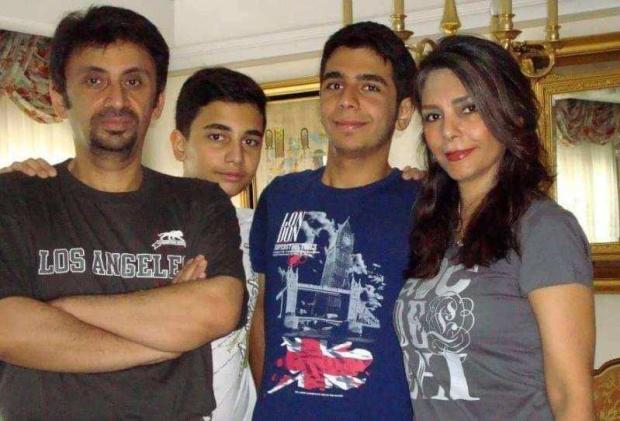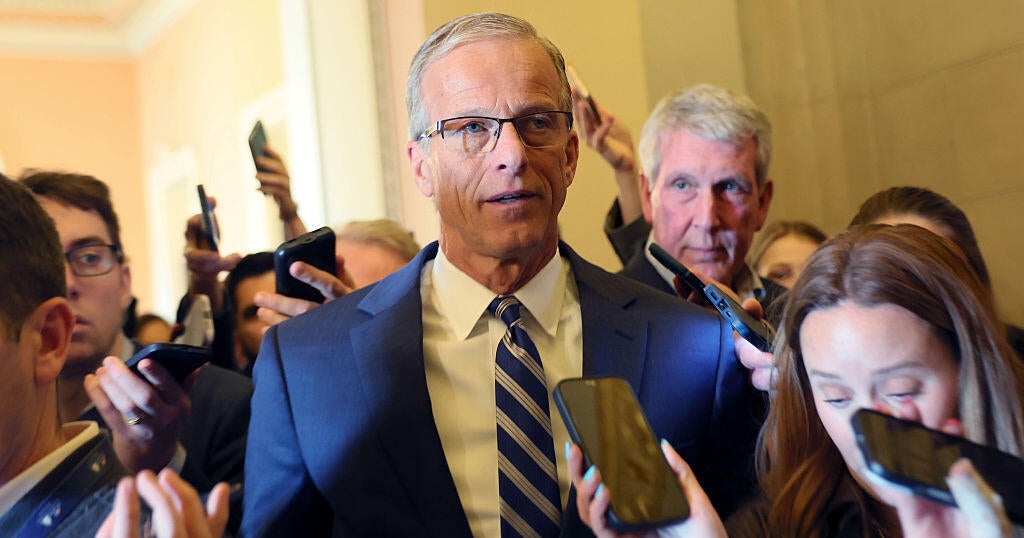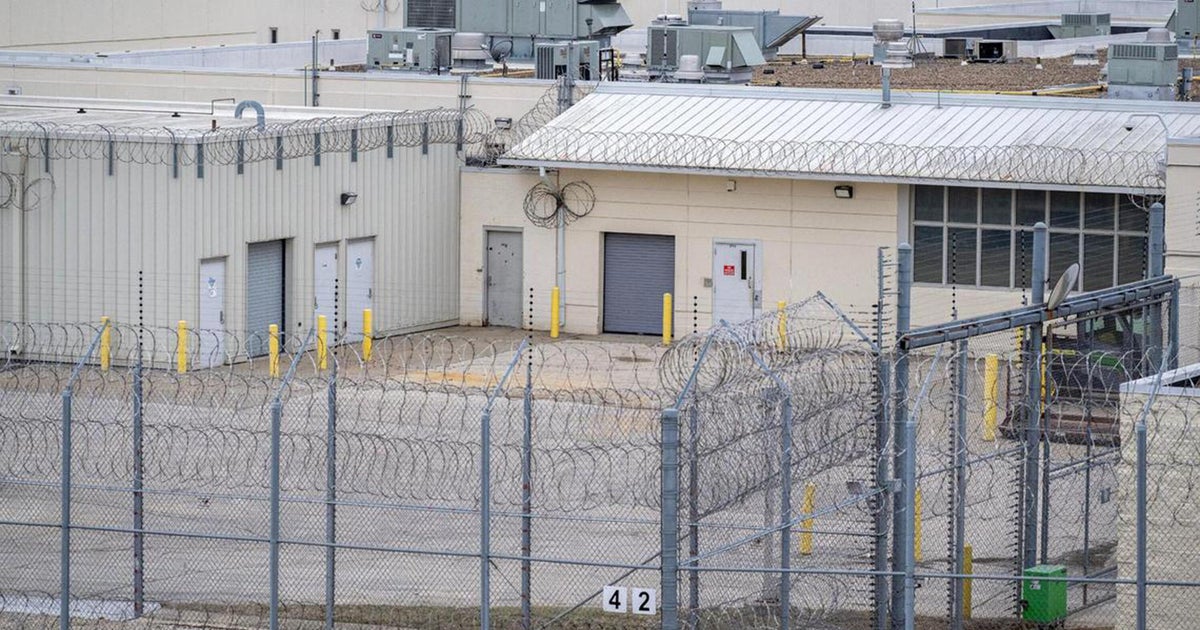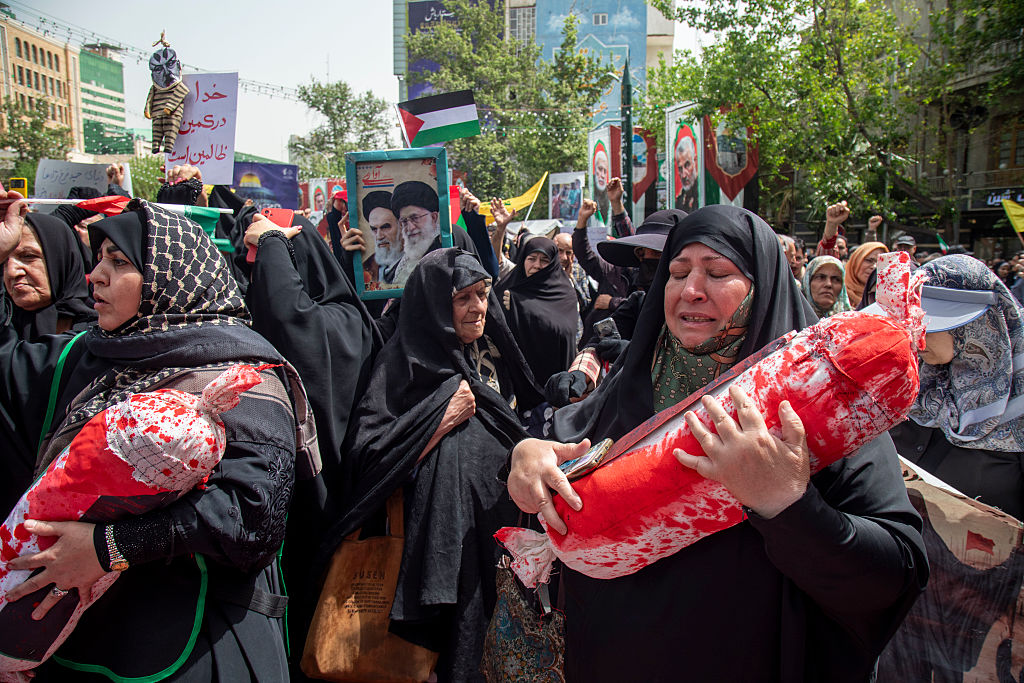Family of U.S. resident left out of prisoner deal with Iran demands answers from Biden administration
Washington — Shahab Dalili's family members have been anxiously waiting by the phone for seven years.
They waited to hear whether he was even still alive when he wasn't on his flight back to the U.S. from Iran, where he attended his father's funeral in 2016. They've waited for the occasional phone calls from him since he's been imprisoned in Tehran's notorious Evin prison, serving a 10-year sentence for allegedly aiding and abetting a foreign country. They've waited for acknowledgment from the U.S. government to their pleas for help.
And since the Biden administration announced a deal last week that could bring five other detained Americans home from Iran in the coming weeks, the family is now waiting for an explanation on why Shahab has been left out.
"It was heartbreaking," his son Darian Dalili told CBS News on Wednesday. "I had to go protest and go on a hunger strike for my father to even be acknowledged."
He said his father feels "betrayed," telling him in a recent phone call that "the Americans would bring back whoever they wish to bring back, and it appears they don't wish to bring me back."
Shahab Dalili, a U.S. permanent resident and Iranian citizen who is now 60, emigrated to the U.S. in 2014 with his wife and their two sons after he retired as a trade ship captain.
"He was just some retired guy, hoping to send his kids to college in the U.S. and make a good life for them," Darian, 28, said.
In April 2016, Shahab returned to Iran to attend his father's funeral, his first trip back since arriving in the U.S. A week later, his wife waited at Dulles International Airport in Virginia to pick him up, but he never showed up. He had been arrested in Iran hours earlier.
Darian said officials from the Trump and Biden administrations have given his family scant details over the years, other than to say they're monitoring his case. The U.S. government has also not explained why his father has not been declared "wrongfully detained," a rare designation that would formally put the full force of the U.S. government behind securing his release.
"Give us a response of what the heck is going on," Darian said. "Why would those two unnamed prisoners who have only been there for a matter of months be included within the five-people swap? The designation is made for them? Good for them. Why is it so quick for them and so slow for my dad?"
While the identities of three of the Americans included in the deal are known, U.S. officials said the two other Americans involved in the agreement wished to remain anonymous. The U.S. only recently acknowledged that the two had been detained.
The State Department did not immediately respond to a request for comment on Shahab's case on Wednesday. Vedant Patel, a spokesman, said at Wednesday's press briefing that the department is "not going to get into the specifics of specific cases."
"We assess the circumstances of detentions and look for indicators of wrongful detention, and when appropriate, we will make a determination if the indicators meet as such," he told reporters.
Acting Special Envoy for Iran Abram Paley called the family after news of the deal became public "to establish a channel of communication," Darian said, calling it "very delayed" outreach.
Darian said he believes the call was prompted by his "very emotionally worded" emails to the State Department, in which he told officials they were "leaving my dad behind" and "ignoring him."
After not receiving the answers he wanted, he drove from his home in Massachusetts to Washington, D.C., to protest outside the White House and State Department. Darian also went on a days-long hunger strike, but ended it after becoming worried about the health of his father, who was also on a hunger strike.
The younger Dalili said the State Department's reaction to his father's case has not given him much hope that he will ultimately be included in the deal.
"But as long as that plane hasn't taken off the ground, there is hope," he said.




